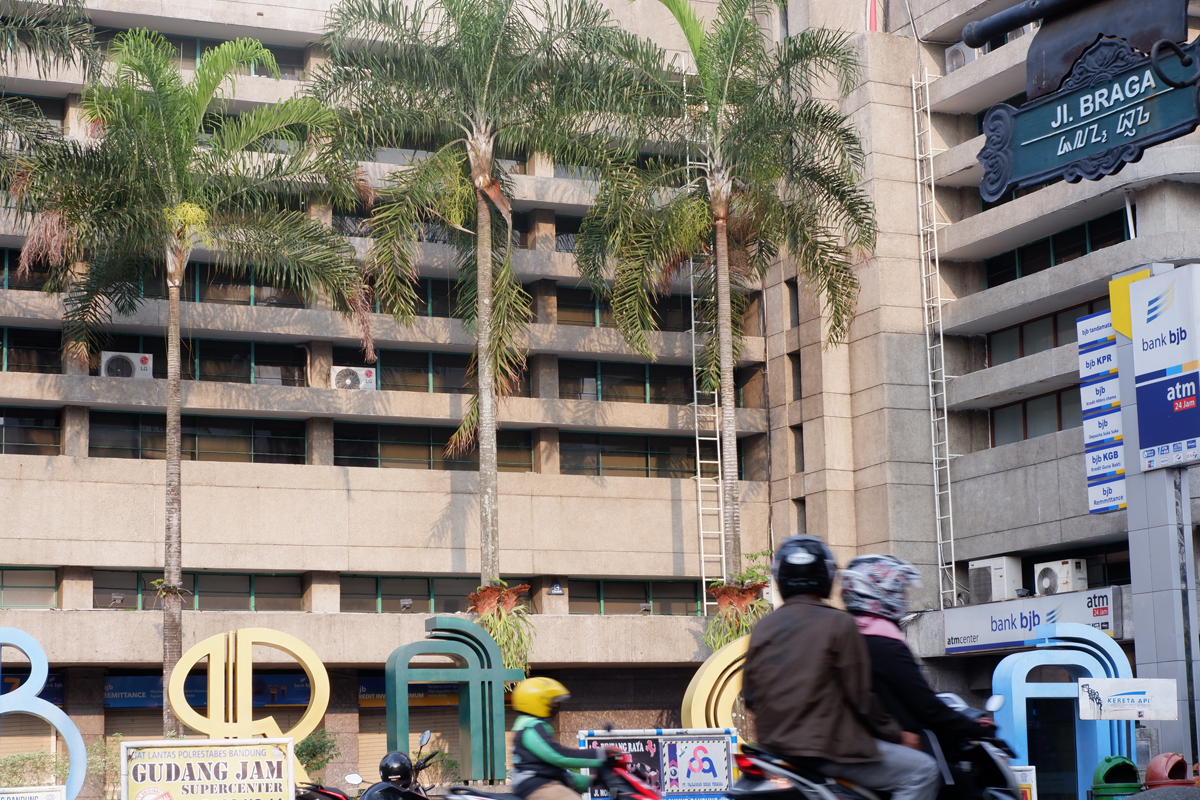Ministry of Finance: Surcharge Tax Won’t Burden the Public, Here’s Why!

JAKARTA. The government has revealed that the implementation of the surcharge tax option starting January 3, 2025, will not impose an additional burden on the public. However, the public will face an additional tax of 60% on the outstanding motor vehicle tax.
This was conveyed by Lydia Kurniawati Christyana, the Director of Regional Tax and Regional Retribution at the Directorate General of Fiscal Balance (DJPK) of the Ministry of Finance.
Quoting from kontan.co.id, Lydia explained that the surcharge tax (opsen pajak) is not an additional burden or levy. The implementation of the motor vehicle tax option will be accompanied by a reduction in motor vehicle tax (PKB) and Transfer of motor vehicle fee (BBNKB) rates.
The PKB rate will be capped at a maximum of 1.2% starting in 2025, lower than the previous maximum rate of 2%.
The introduction of the surcharge tax aims to strengthen the fiscal capacity of local governments, as with this option, local governments will no longer have to rely on tax revenue sharing from provincial governments.
Surcharge Tax Mechanism
For your information, the provisions for the implementation of the tax option are regulated in Law Number 1 of 2022 concerning the Financial Relations between the Central Government and Regional Governments (HKPD).
According to this regulation, regional governments, both provincial and municipal/regency governments, are entitled to collect the tax option or an additional tax levy at a certain percentage rate.
The provincial government is entitled to collect the tax option for Non-Metallic Minerals and Rocks (MBLB) at 25% of the due tax. Meanwhile, municipal/regency governments are entitled to collect the tax option on motor vehicle tax (PKB) and Transfer of Motor Vehicle Fee (BBNKB) at 66% of the due tax.
Read: Promoting Regional Income Optimization: MUC Hosts HKPD Law Webinar
Awaiting Governor Regulations
Although the Law on Financial Relations between the Central and Regional Governments (UU HKPD) mandates the implementation of tax surcharges three years after its enactment—on January 3, 2025—it still requires technical regulations from each regional government for implementation.
This was stated by Rizki Widiasmoro, Junior Expert in Central and Regional Financial Analysis IIB, Directorate of Regional Revenue, Directorate General of Regional Financial Development, Ministry of Home Affairs.
Rizki mentioned that the Ministry of Home Affairs has issued a Circular Letter regarding the implementation of tax surcharge collection. Additionally, the Ministry has urged regional governments to draft Governor Regulations concerning surcharges for Motor Vehicle Tax (PKB) and Transfer of Motor Vehicle Title Fee (BBNKB).
Rizki also revealed that to enforce the tax surcharge provisions, a cooperation agreement between the Ministry of Home Affairs and regional governments needs to be established, with completion targeted for October 2025. (ASP/KEN)


